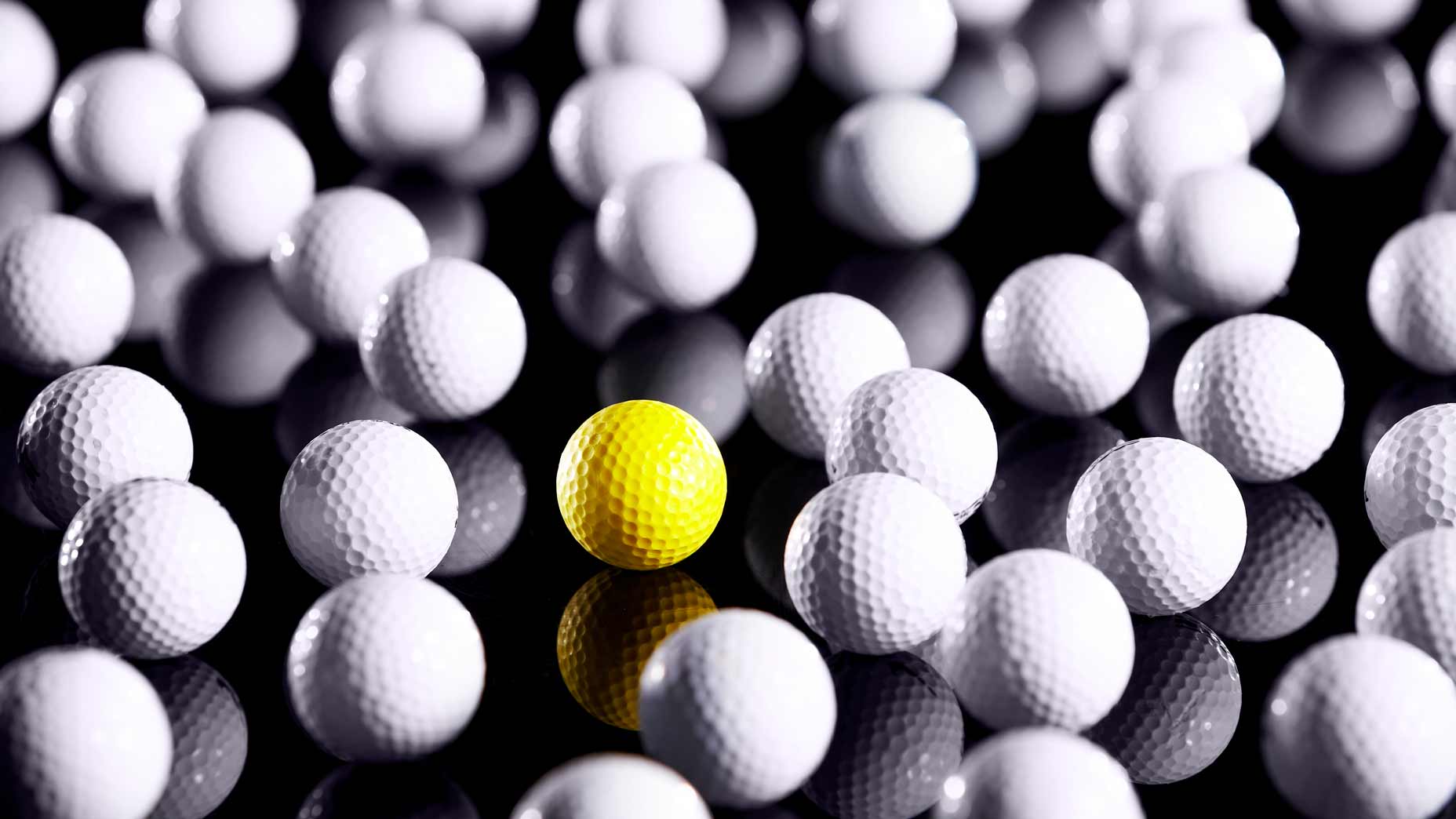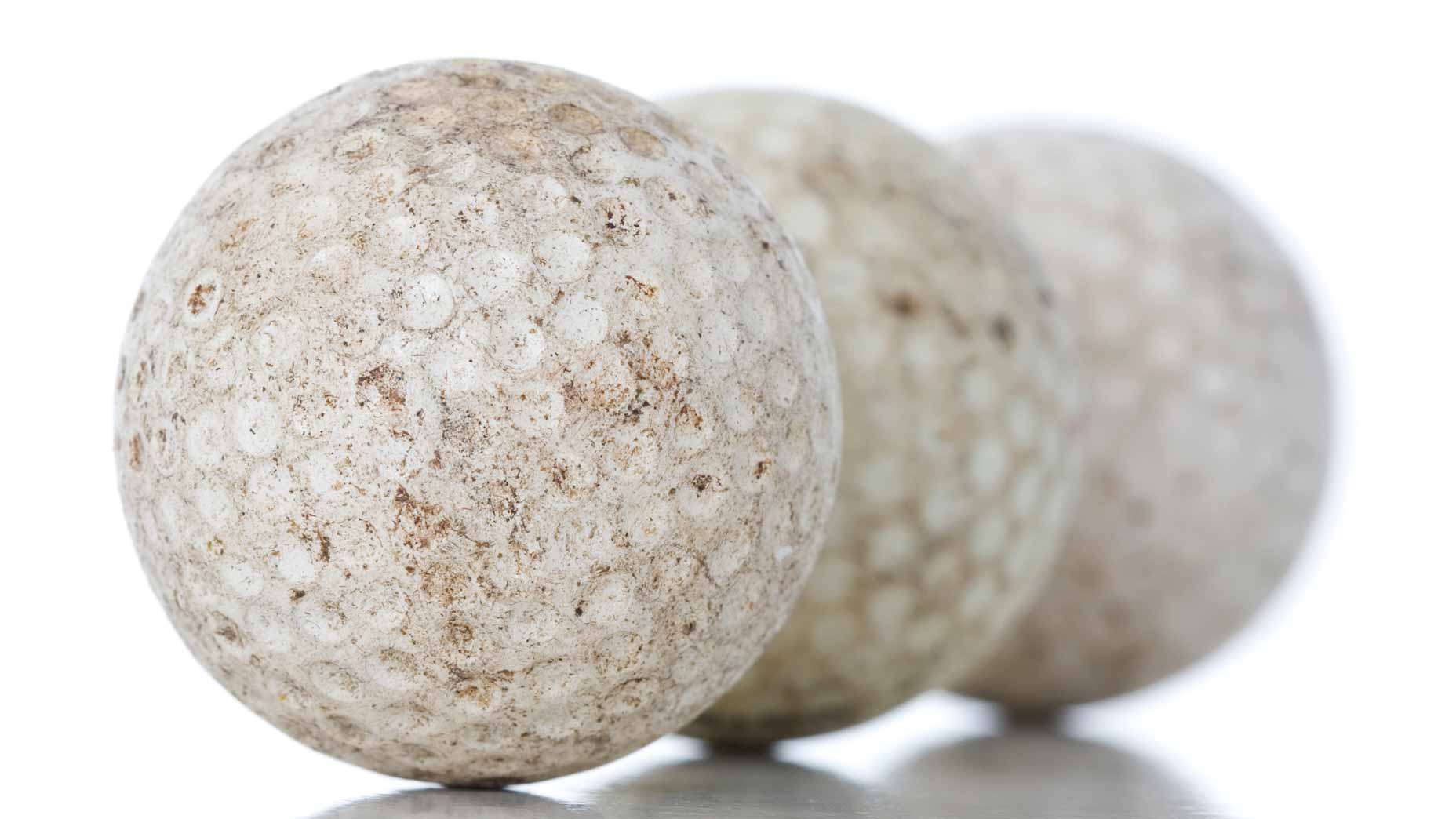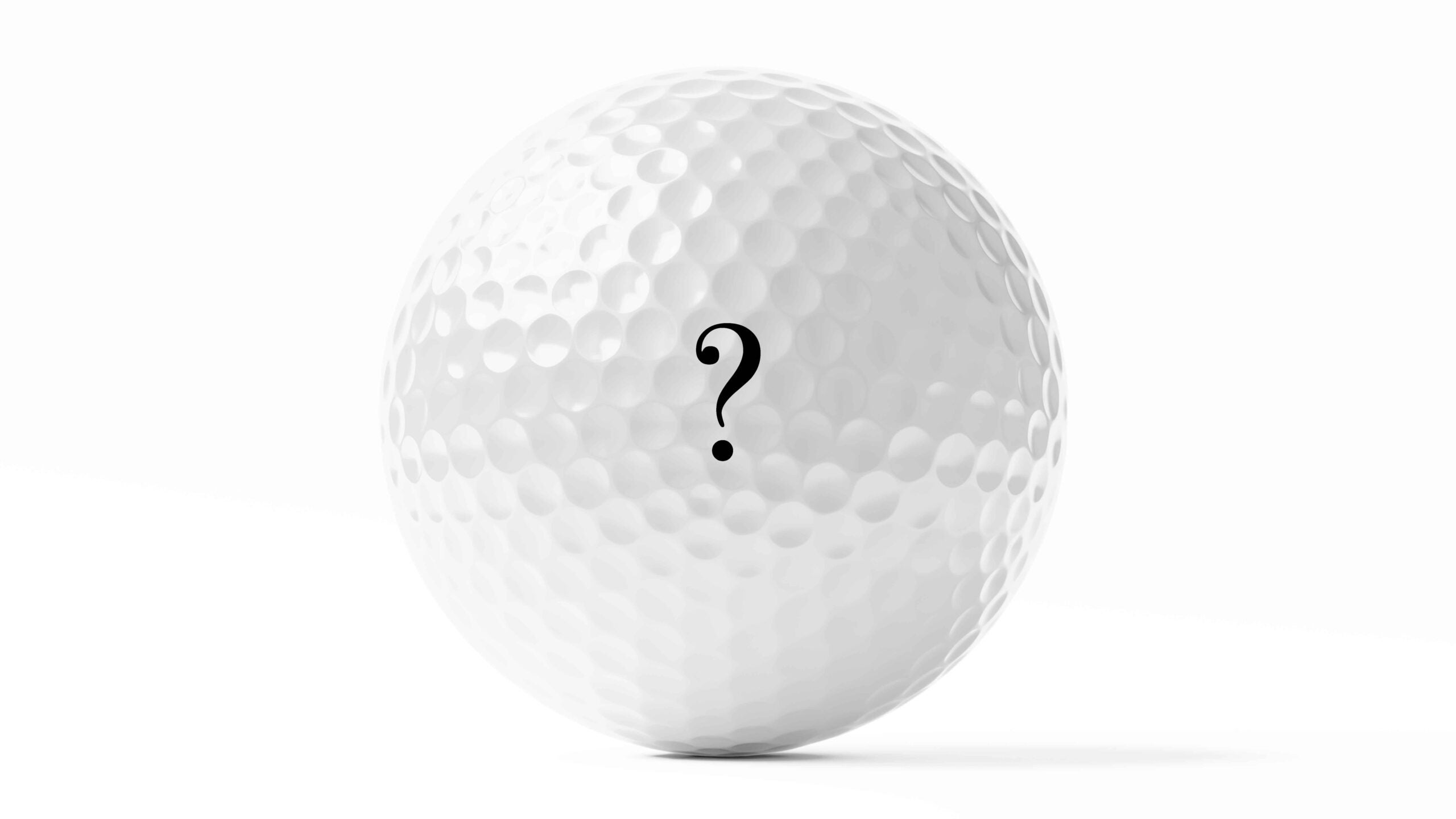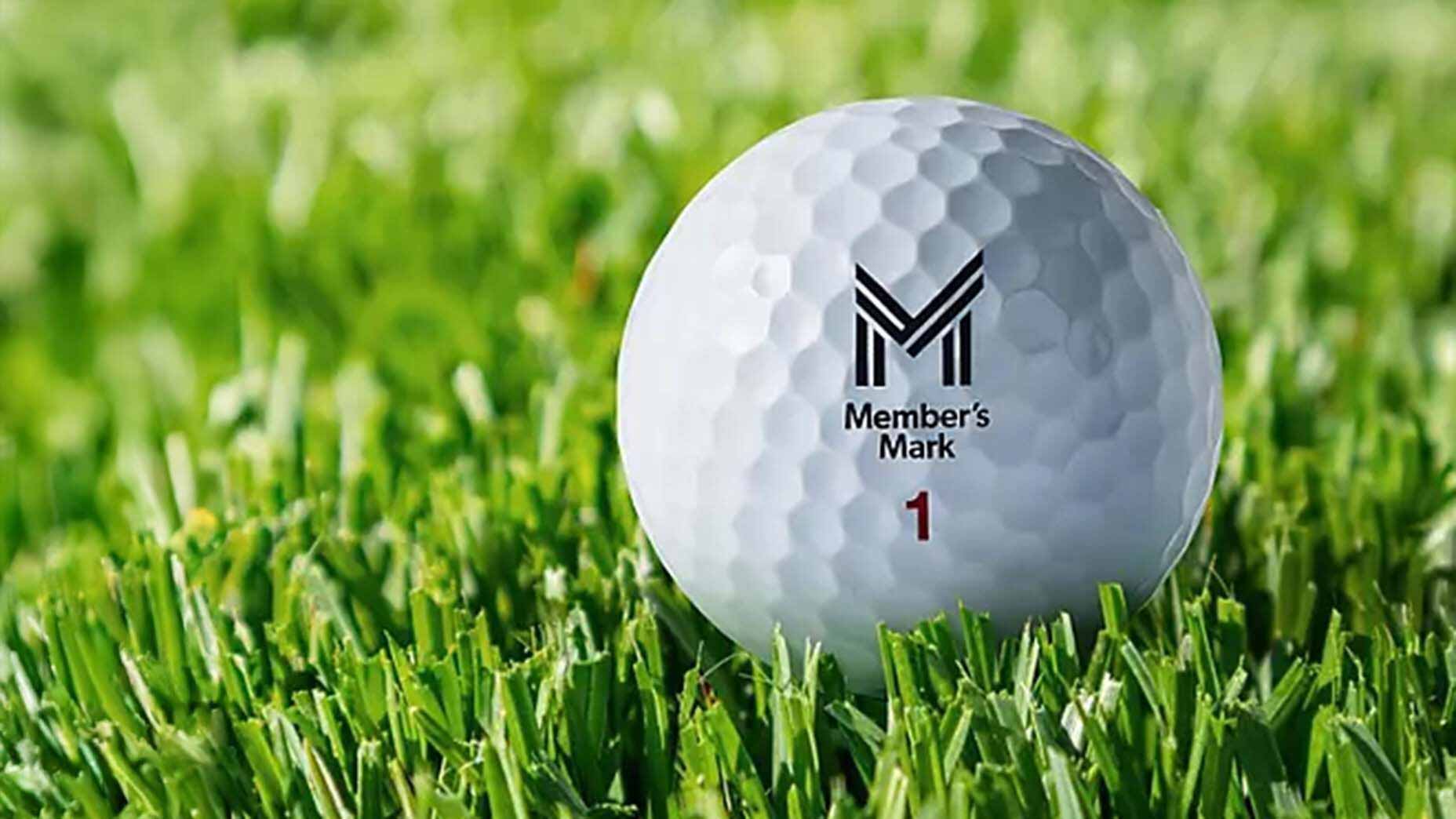Each month, we tap experts from the equipment industry to answer your most commonly asked questions. In this installment, Elliot Mellow, marketing manager at Bridgestone Golf, details the importance of dimples on golf balls.
Q. How important are dimples and the overall aerodynamics of a golf ball? Do they matter that much? Should I care? DONN V., VIA E-MAIL
The inner layers of a golf ball create the primary performance of a given model, while the aerodynamics package—the dimple pattern, really—enhance that performance.
For example, if the ball you play is designed primarily for straight distance, you can bet that the dimple design has been engineered to slow airflow around the ball to help keep it on line—one example of this is the Delta Wing pattern used on our E6 model. In contrast, a Tour model might have dimples that improve shot-shaping potential.

Think of a ball like an airplane—it shoots up into a wall of air. Without dimples to cut through and create enough lift to max out distance, it will fall out of the air quickly. A good way to judge a ball’s aerodynamic qualities is to see if it performs in all wind conditions: upwind and downwind, and side to side. If it does, you know the manufacturer knew what it was doing.
– Elliot Mellow, Marketing Mgr., Golf Balls/Bridgestone Golf






